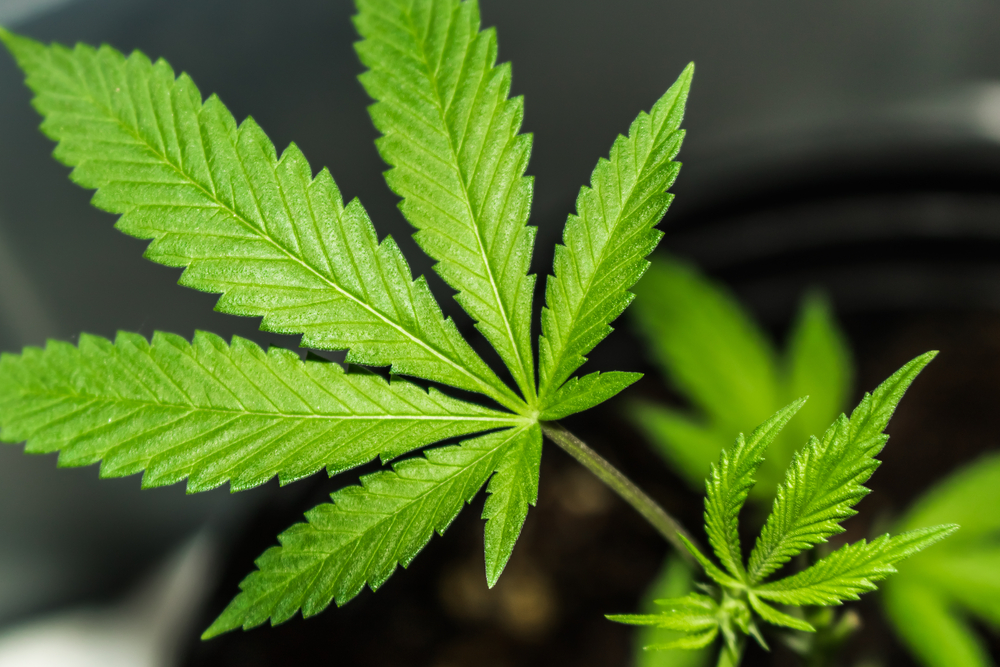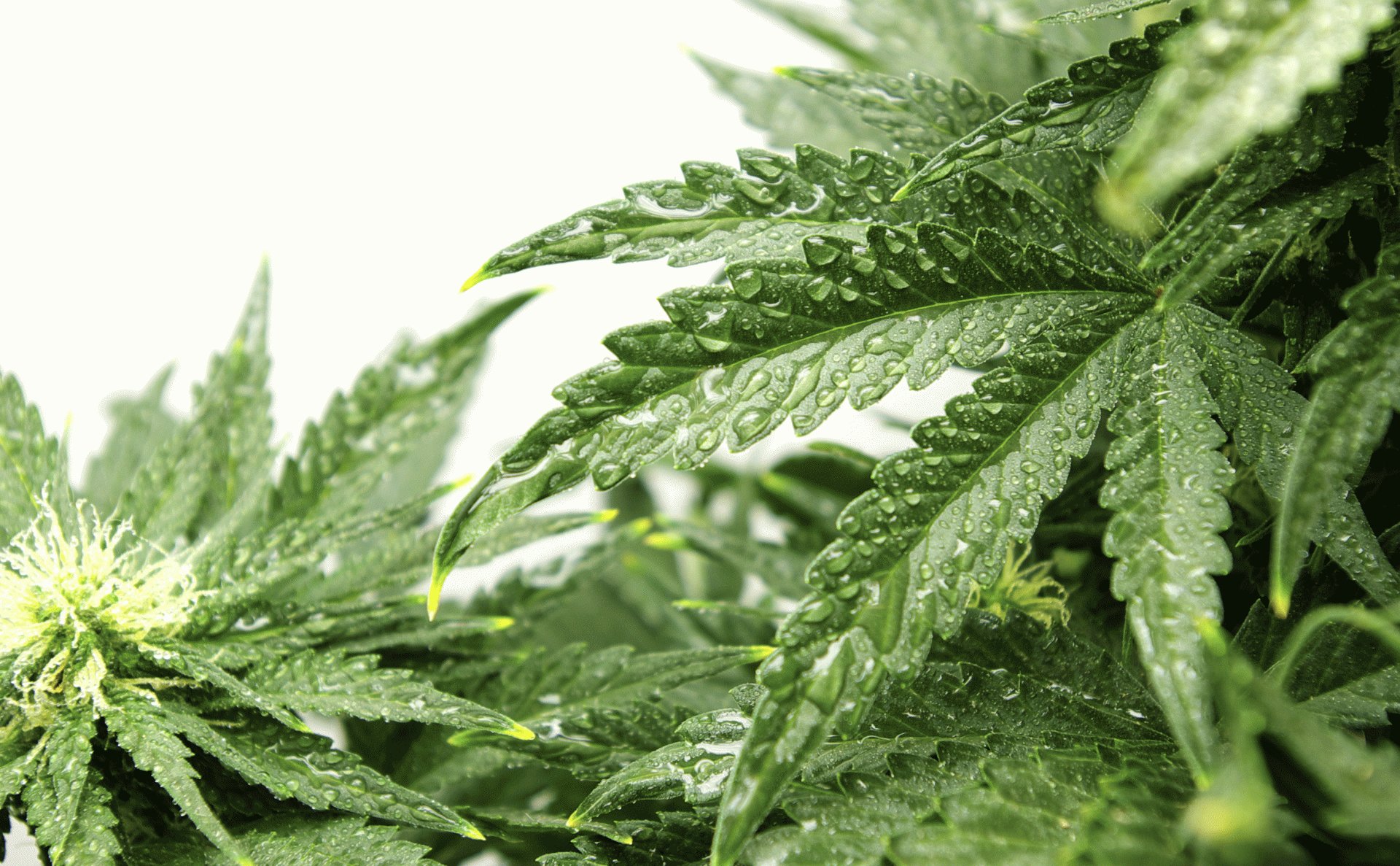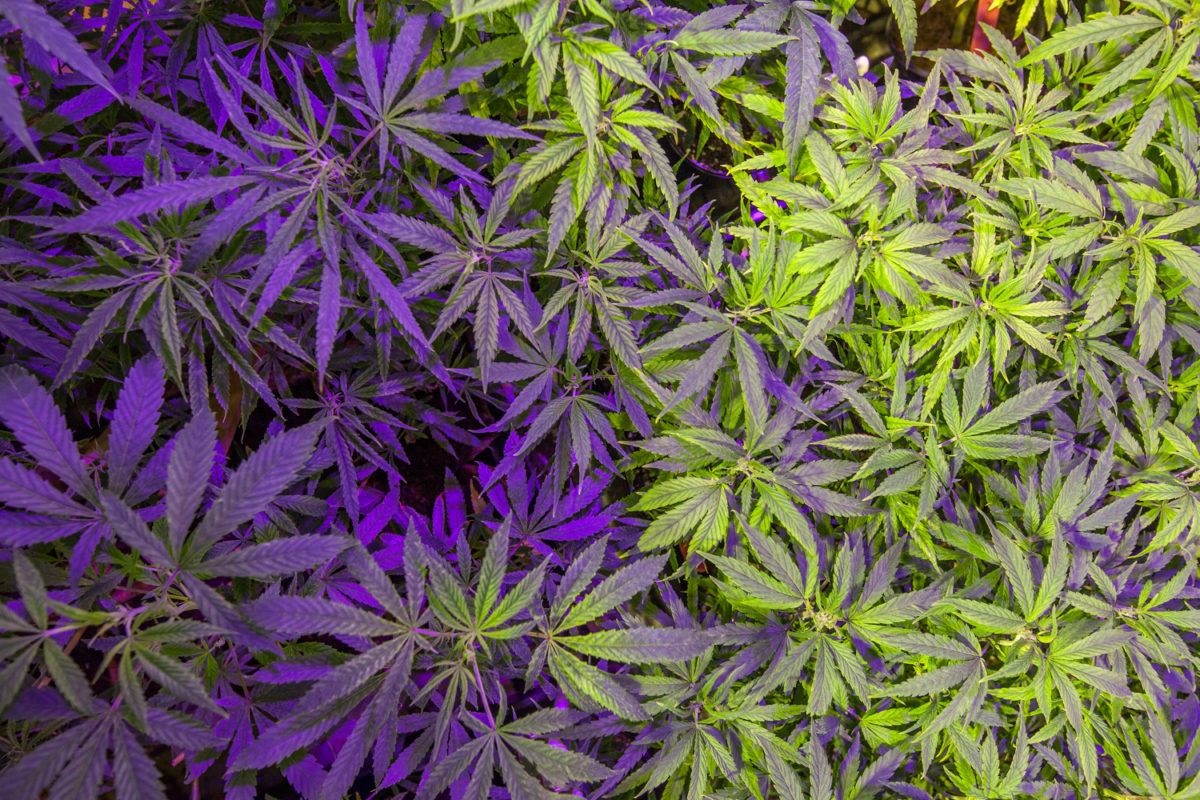News
Will Cannabis Help a Migraine: A Detailed Exploration
Migraines are notorious for their debilitating effects, often leaving sufferers incapacitated by throbbing pain, nausea, and sensitivity to light and sound. Traditional treatments, ranging from over-the-counter painkillers to prescription medications, can provide relief for some individuals, but they may not be effective for everyone. This has led many migraine sufferers to explore alternative therapies, including cannabis. With the growing legalization and acceptance of cannabis for medical purposes, there’s increasing interest in whether cannabis could be a viable treatment option for migraine relief.
Migraines affect approximately 12% of the global population, with women being disproportionately affected. The exact cause of migraines remains elusive, but it’s believed to involve a complex interplay of genetic, environmental, and neurological factors. Conventional treatments for migraines primarily aim to alleviate symptoms and prevent future attacks. However, these treatments often come with side effects and may not provide adequate relief for all patients. As a result, there’s a growing demand for alternative and complementary therapies that offer fewer side effects and greater efficacy.
Cannabis, also known as marijuana, has a long history of medicinal use dating back thousands of years. The plant contains more than 100 different cannabinoids, chemical compounds that interact with the body’s endocannabinoid system to produce various effects. Two of the most well-known cannabinoids are tetrahydrocannabinol (THC) and cannabidiol (CBD). THC is responsible for the psychoactive effects of cannabis, while CBD is non-intoxicating and has anti-inflammatory properties. Both cannabinoids have shown promise in preclinical studies for their ability to modulate pain perception and reduce inflammation, making them potentially valuable tools in the treatment of migraines.
Understanding Migraines: A Complex Neurological Condition

Before delving into the potential role of cannabis in migraine treatment, it’s essential to understand the nature of migraines themselves. Migraines are not merely headaches; they are a complex neurological condition characterized by intense, pulsating pain usually localized to one side of the head. Alongside the pain, migraines often come with additional symptoms such as nausea, vomiting, and sensitivity to light and sound. The exact cause of migraines remains elusive, but it’s believed to involve a combination of genetic, environmental, and neurological factors.
Conventional Treatments and Their Limitations
Conventional treatments for migraines typically include over-the-counter pain relievers such as ibuprofen or acetaminophen, as well as prescription medications like triptans and ergotamines. These drugs work by targeting various aspects of the migraine process, such as reducing inflammation or constricting blood vessels. While these treatments can be effective for many migraine sufferers, they may come with side effects such as dizziness, drowsiness, and rebound headaches. Additionally, some individuals may not find adequate relief from these medications, leading them to seek alternative options.
The Endocannabinoid System and Cannabis
Cannabis contains hundreds of chemical compounds, but two in particular have garnered significant attention for their potential medicinal properties: tetrahydrocannabinol (THC) and cannabidiol (CBD). These compounds interact with the body’s endocannabinoid system, a complex network of receptors and neurotransmitters involved in regulating various physiological processes, including pain perception, inflammation, and mood.
Potential Benefits of Cannabis for Migraine Relief

Several studies have suggested that cannabis may offer relief for migraine sufferers due to its effects on pain perception and inflammation. THC, the psychoactive compound in cannabis, has been shown to have analgesic properties, meaning it can reduce pain sensations. Additionally, both THC and CBD have demonstrated anti-inflammatory effects, which could be beneficial in alleviating the inflammation associated with migraines.
Research Evidence Supporting Cannabis for Migraine Relief
Research on the use of cannabis for migraine relief is still in its early stages, but some studies have shown promising results. For example, a 2016 study published in Pharmacotherapy found that medical cannabis was associated with a significant reduction in migraine frequency. Another study published in the Journal of Pain in 2019 reported that inhaled cannabis reduced the severity of migraines and headaches by approximately 50%.
Considerations and Potential Risks
While cannabis shows promise as a treatment for migraines, there are several considerations and potential risks to keep in mind. First and foremost, the legal status of cannabis varies widely depending on location, with some countries and states legalizing it for medical or recreational use, while others maintain strict prohibitions. Individuals considering cannabis for migraine relief should familiarize themselves with the laws and regulations in their area.
Variability in Effects and Dosage

Another consideration is the variability in effects and dosage when using cannabis for migraine relief. The potency and composition of cannabis products can vary significantly, making it challenging to determine the appropriate dosage for therapeutic use. Additionally, individual responses to cannabis can vary, with some people experiencing relief from migraines while others may not see any benefit or even experience worsened symptoms.
Potential Side Effects
Like any medication or treatment, cannabis is not without its potential side effects. Common side effects of cannabis use include dizziness, dry mouth, and impaired cognitive function. In some cases, particularly with high doses or in susceptible individuals, cannabis use can also trigger anxiety, paranoia, or psychosis. Long-term use of cannabis may also be associated with dependence and withdrawal symptoms.
Interactions with Other Medications
Individuals considering cannabis for migraine relief should also be aware of potential interactions with other medications they may be taking. Cannabis can interact with certain drugs, including blood thinners, antidepressants, and sedatives, potentially altering their effects or increasing the risk of side effects. It’s essential to consult with a healthcare professional before incorporating cannabis into your migraine treatment regimen, especially if you’re taking other medications.
Alternative Forms of Administration
In addition to smoking or vaping cannabis flower, there are alternative forms of administration that may be more suitable for migraine sufferers. Cannabis-infused edibles, oils, tinctures, and topical creams offer alternative methods of consumption that may be easier on the lungs and provide more precise dosing. However, it’s important to note that the onset and duration of effects can vary depending on the method of administration, with edibles, for example, taking longer to take effect but lasting longer overall.
Exploring Cannabis as a Potential Treatment Option for Migraines
In conclusion, cannabis holds promise as a potential treatment option for migraine relief, thanks to its effects on pain perception, inflammation, and the endocannabinoid system. However, more research is needed to fully understand its efficacy, safety, and optimal dosing for migraine sufferers. Individuals considering cannabis for migraine relief should weigh the potential benefits against the potential risks, including legal considerations, variability in effects and dosage, potential side effects, interactions with other medications, and alternative forms of administration. As with any medical decision, it’s essential to consult with a healthcare professional to determine the most appropriate treatment approach for your individual needs and circumstances.


